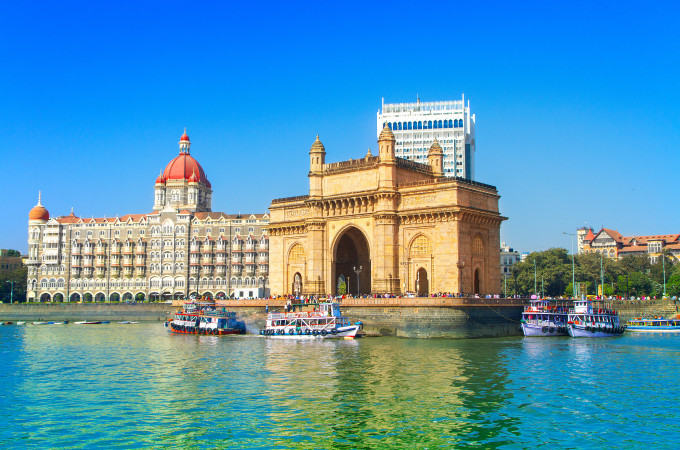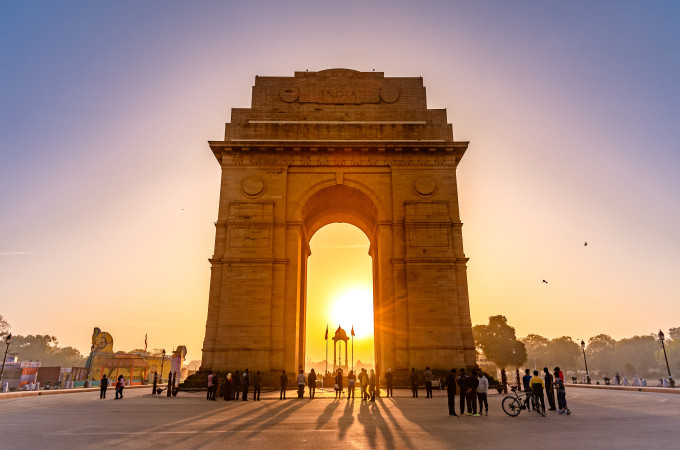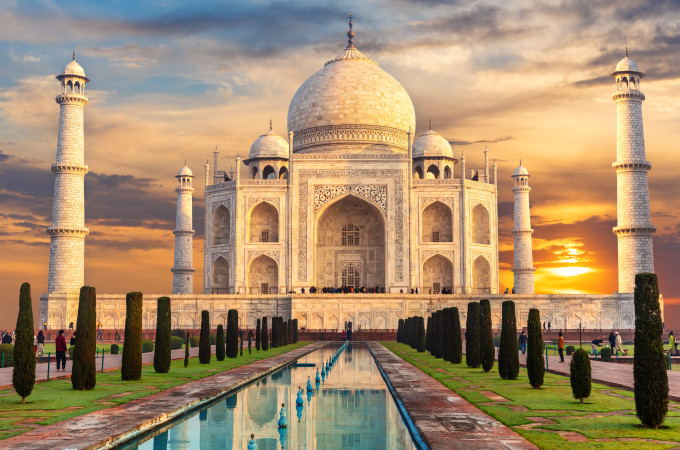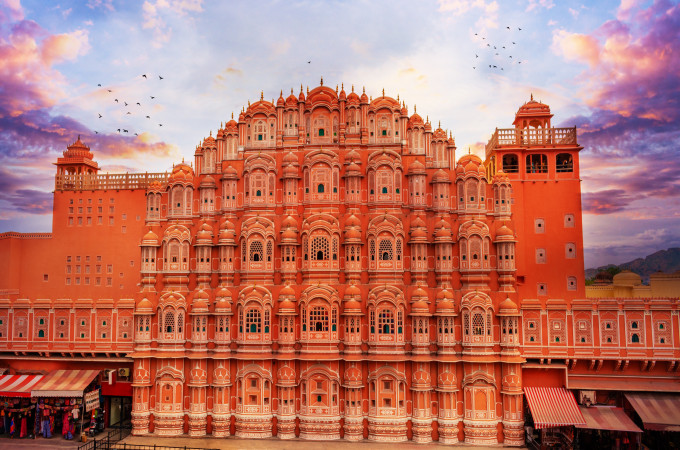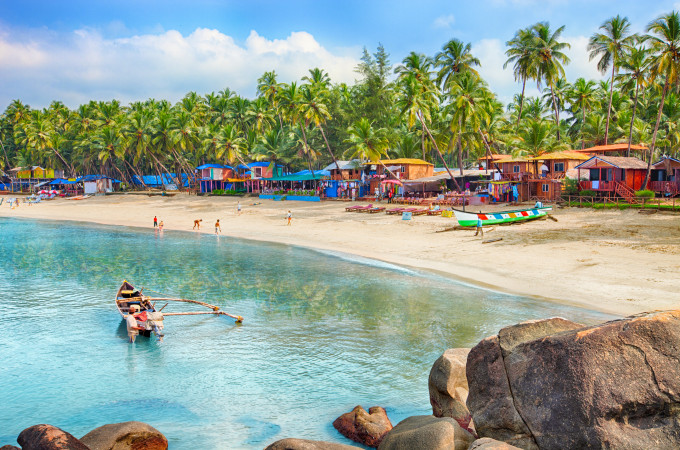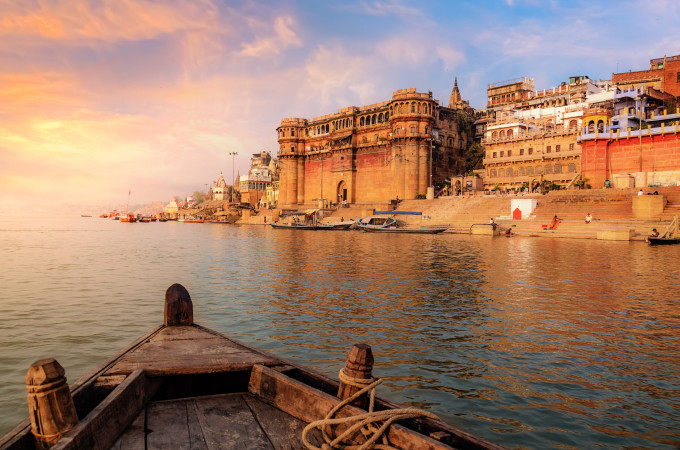Millions of tourists worldwide visit India every year,with such great tourism numbers, come great experiences and memories. But there are also the occasional tourist scams and traps that are typical of all the tourist hotspots of the world.
Scammers take advantage of the gullibility of touring visitors. Some scams are simple and easy to spot. Others are more elaborate and subtle.
But as long as you do your research, read up about your destinations and take the time to look up the popular scams.
In this guide, we will give you a run-down of the popular tourist scams in India and how to avoid them. As long as you pay heed to our advice, you will be alright and you won’t have to worry about getting scammed in India.
Some Tips To Avoid Common Tourism Scams In India
Here are a few general tips to stay safe in India.
- If it sounds too good to be true, it probably isn’t, beware of strangers walking up to you offering things that sound too good to be true.
- Before you travel to India, make sure you read up about the “Dos” and “Don’ts” of Travel in India. If it doesn’t just feel right, it probably is. Be prepared to walk away or say no if you do not have a good feeling about it. Trust your instincts.
- Be polite. But don’t be overly nice. If somebody tries forcing a souvenir on you or hassle you for charity or ‘help with studies,’ just walk away. It is ok to be impolite sometimes.
- In general, prefer booking taxis/cabs through your travel Agent/ hotel or use a reliable taxi app.
- Always ask and agree for the price upfront. Never get into a taxi or buy an item without negotiating a price firm. Be firm in the negotiating process. It is ok to low-ball in India. The price you are initially given is usually not the actual price. There is always room for a bargain.
Common Tourist Scams In India
Scamming in India is not endemic but it does happen in many places. Many savvy travellers have caught up with the tricks used by scammers and they are able to avoid getting scammed.
1- The Taxi Scam
Taxi scams are the most popular scams in India.
There are so many places these scams play out. You want to go from, say, point A to B, and the taxi driver keeps driving you round and round in circles to Point C, D, E and F, before finally dropping you off at point B. And, you get charged 3 or 4 times of what you should have been charged for a smallish journey.
How to avoid it? Google Maps is your friend. Look up your destination on the map, the app will give you the distance in miles or km. You then can estimate what a fair fare is, and you can use the in-app navigation to tell if you are being driven around and ‘taken for a ride’.
Always prefer to travel through your tour operator or hotel. It is safer. You can also book rides through various taxi apps available over Android or IOs.
Sometimes the taxi driver will tell you that their meter is broken. Always agree on the meter or a fixed price, before you enter into a taxi or auto-rickshaw. Never get inside a taxi without first establishing a price.
2- The Train Station Scammers
This is a common scam at big train stations in Delhi, Mumbai or Jaipur. These scammers will come upto dressed as railway officials and tell you that your train is cancelled or your tickets is not valid and needs to be stamped to be valid and will try and mislead you into buying a taxi ride from them to your destination instead, do not trust them.
Walk up to the help desk, ticket office or call the helpline to get information about any last-minute changes to the train schedule.
All you need is a soft copy of the tickets (if it’s booked online) to be presentedto the tickets conductor on the train.
The official Indian railways website to buy a train ticket is www.irctc.co.in
3- The Fake “Tourist Office” Scam
This scam can be very elaborate. You might be led by ‘friendly’ strangers or taxi drivers into a ‘very official-looking office’ manned by personnel in official-looking dress or uniform and you will be told that the flight tickets, permits you have booked or the reservations are actually fake and they will help you get official entry permits/reservations.
There are a few things you can do. Start off by looking up the ‘official looking agency’ or office online and double-check if the location is listed on any official website. Secondly, you can call your tour operator or seek help from your hotel helpline in a situation like this. Also, be sure to keep the police emergency numbers saved on your phone.
4- The Beggars’ Scam
There will always be quite a few of them in cities in India and they are usually not easy to shake off. They come in all age groups.
The best way to avoid getting scammed by them is to just ignore them and walk away. If you do want to donate or give money to charity, find a hard-working labourer or worker toiling away and just walk up to them and help them.
Even a small amount helps these good hard-working folks. Don’t waste your money on professional beggars.
5- The Unofficial Tour Guides
Do not trust them.
You will find them everywhere. From the Taj Mahal and Varanasi to Rishikesh.
Ask for a license, or ask the admission counter (at the entrance to the attraction) for a licensed guide. Always prefer travelling with legit guides.
6- The Donation Scam
This one is quite common at places of religious and cultural significance. You are asked by scammers to give donations for the upkeep of the place or help the community.
Often at the most popular temples, groups will approach you pretending to be the “Temple Committee” or officials of the establishment. They will insist that you pay them a donation for the temple.
In such a case, ask for identification or a government license. Or just avoid them and walk away.
If you wish to donate there are credible organizations in social service. Luxury India Tours collaborates with a few to support them in their initiatives. We are always happy to connect our travellers to them.
7- The Beat-The-Queue Scam
This happens at popular tourist attractions where there are long lines to get in. They will tell you that they have a special arrangement with the authorities for fast-track entrance at a heavy price.
Do not fall for it. Be an early bird. Get to places earlier than the peak tourist hours and you won’t have to line up in queues for hours.
8- The Fake/ Counterfeit Money Scam
It is not as common as it used to be. But it still happens.
For ex: When you change money, they will give you counterfeit currency notes as change, always ensure that you change money at authorized money exchanges or at your hotel (hotels usually give you a low exchange rate).
Cash is still king in many places in India but there are various cash apps and retailers that accept credit and debit cards.
Familiarize yourself with the currency and how it looks. Prefer shopping at legit-looking places and avoid shady sneak-looking outlets.
9- Beware Of Pickpockets
Pick-pocketing typically happens at very crowded places like bus stations, railway stations and tourist attractions.
Be aware of your surroundings. Pickpocket hunt in packs and groups and use distraction. Beware if there is a sudden push or pull. The associate of the person giving you a push may use that opportunity to make his move.
Do not keep your wallets/mobile phones in your back pockets.
Keep your valuables stored in your hotel locker. Do not carry too much money. Use backpacks and pockets that are pickpocket-proof.
10- The Student In Need Scam
This one is similar to the previous one. A young boy or girl walks up to you and tells you they are short on their admission or semester fee.
Sometimes a ‘student in need’ will offer to show you around places in return for you to buy them books. The bookstore is usually in on the scam and you may end up paying a huge amount for books that are never used for an education.
Don’t fall for it. Walk away.
11- The “This Hotel Doesn’t Exist Anymore’ Scam
This is a pre-internet pre-smartphone era traditional scam but one that you still can’t rule out.
On your way to the hotel (in a new city you are not acquainted with), the taxi or auto driver might tell you mid-way into your journey that the hotel you are heading to has shut down/run out of business and they have a better alternative.
Don’t fall for it. Call the hotel helpline directly. Make sure you have looked up pictures of your hotel. Sometimes they will take you to a different (fake) hotel that has the same name as the original one.
If you are in an unfamiliar city, it is always prudent to call your hotel in advance and see if they offer pick-up service from/to the airport/bus/train station.
12- The “I Can’t Charge By The Meter’ Taxi/ Auto-Fare” Scam
Sometimes taxi and autodrivers will tell you that your meter is not working (which is obviously not true). In other cases, they will tell you that they won’t charge by the meter because your route won’t fetch them customers on their way back. (Lies!).
In such cases, either find another taxi that charges by the meter or ‘low-ball’ the fixed price offered by the taxi driver. A good place to start is by agreeing to go by about half of the inflated quoted fixed price you get. You can expect to close the deal by around 60-70%.
13- An ‘Honest’ Billing Mistake
Most good eateries, bars, hotels or shops won’t do it, but some scammers will. The bill you get is inflated and the items do not add up. When you add them up, you will be told it was just an honest mistake and they will rectify it.
Always keep track of what you have ordered and do quick math on them. If it sounds off, cross-check every item.
 Skip to main content
Skip to footer
Skip to main content
Skip to footer
